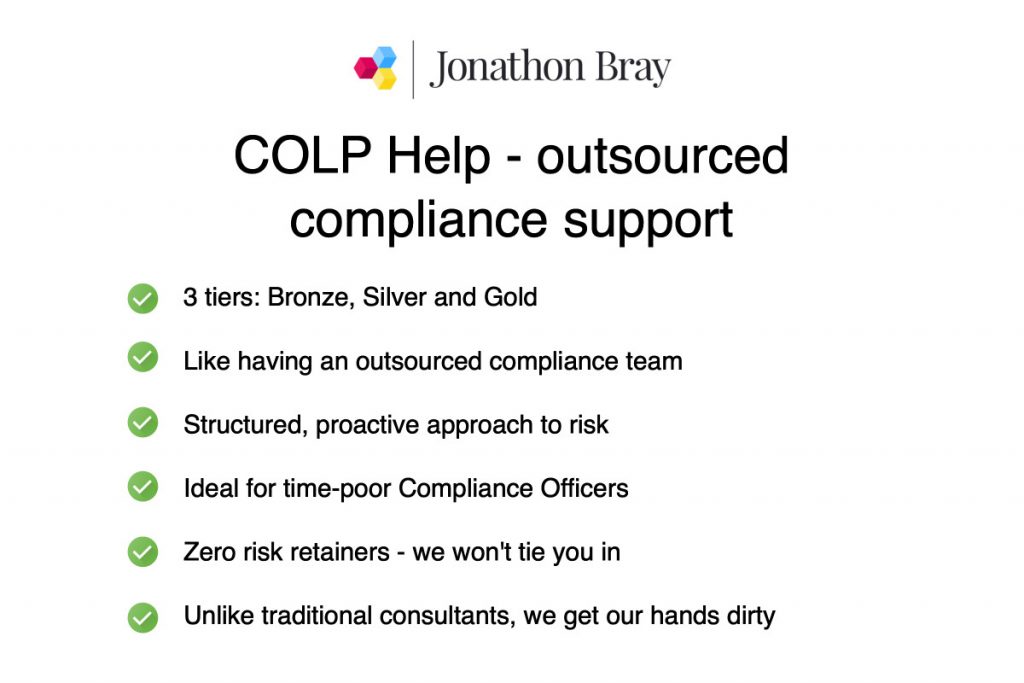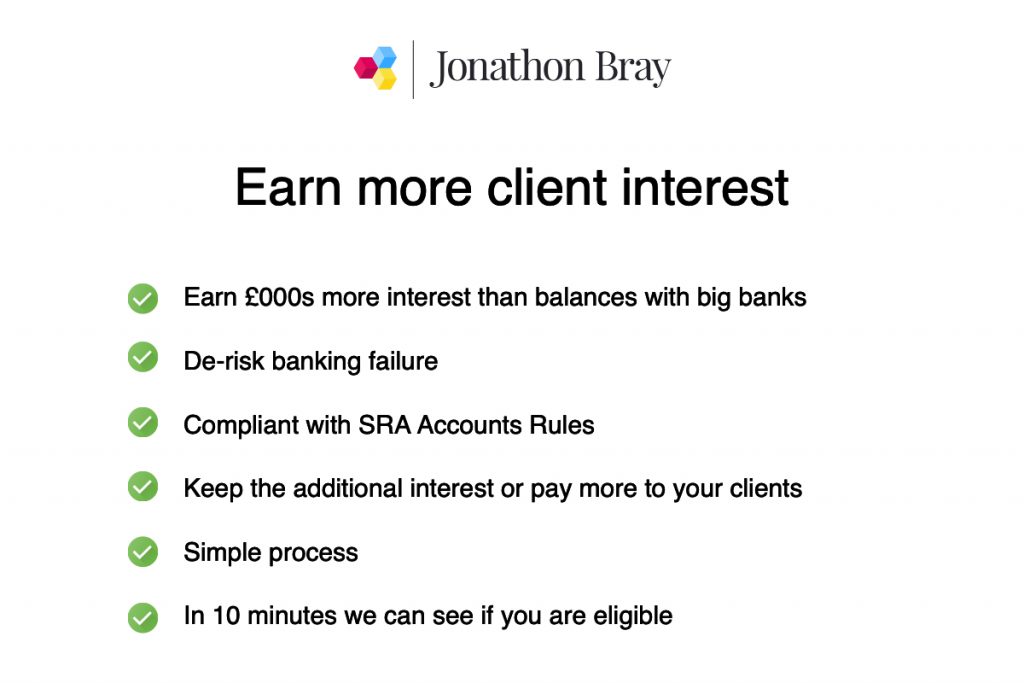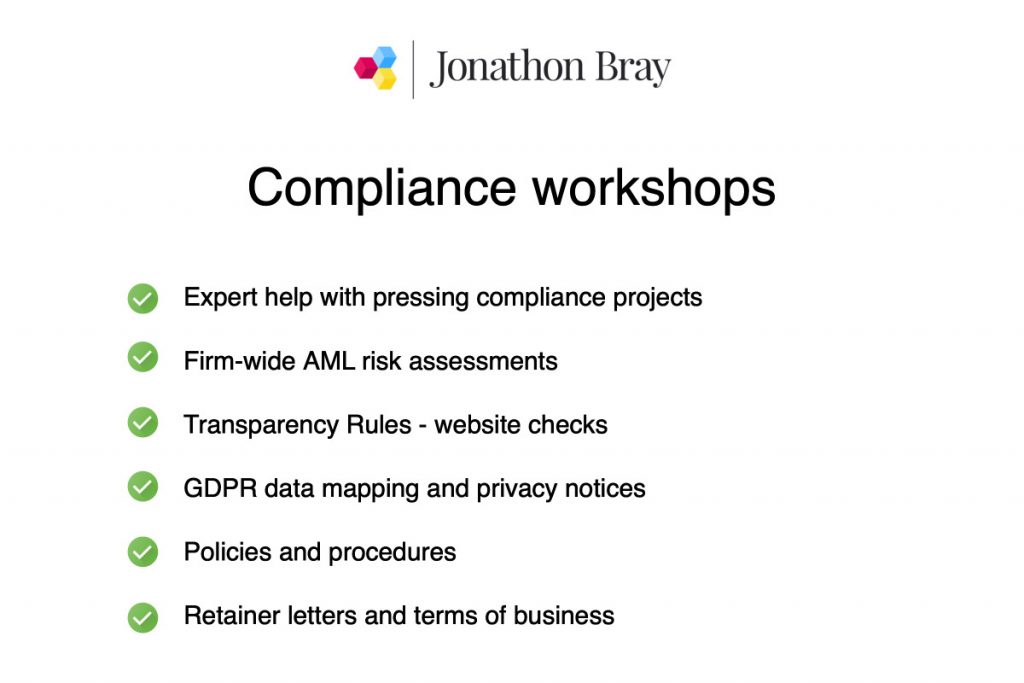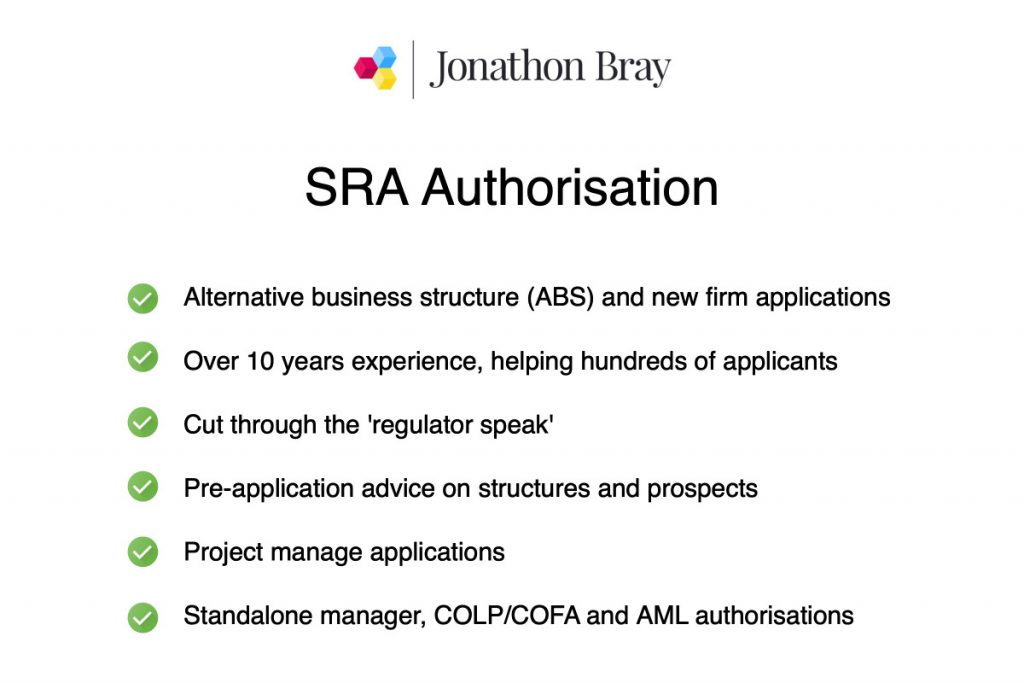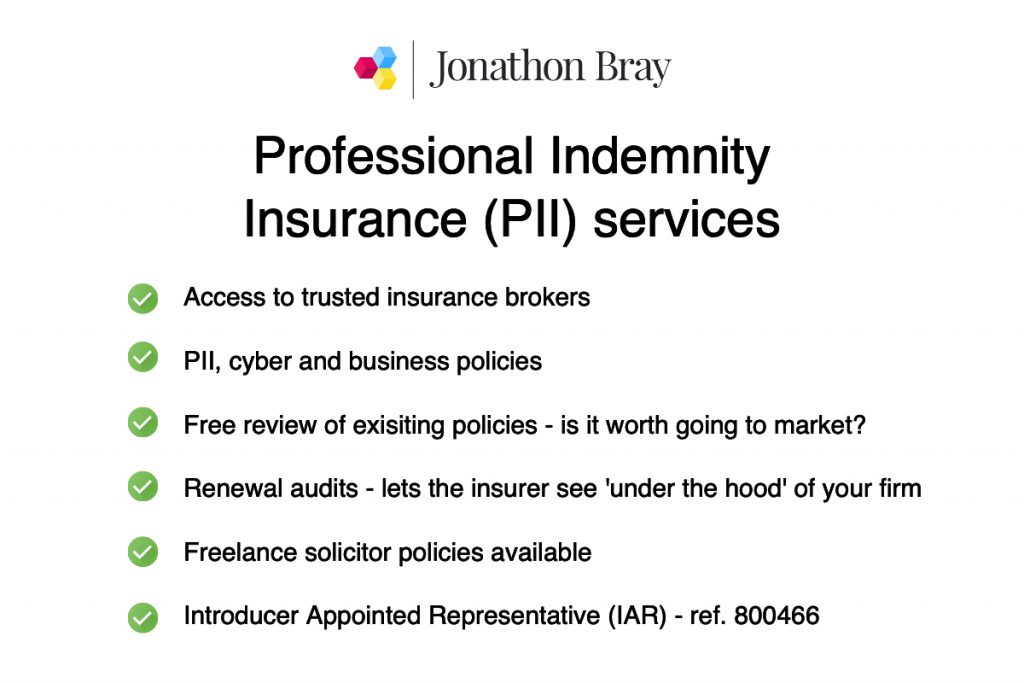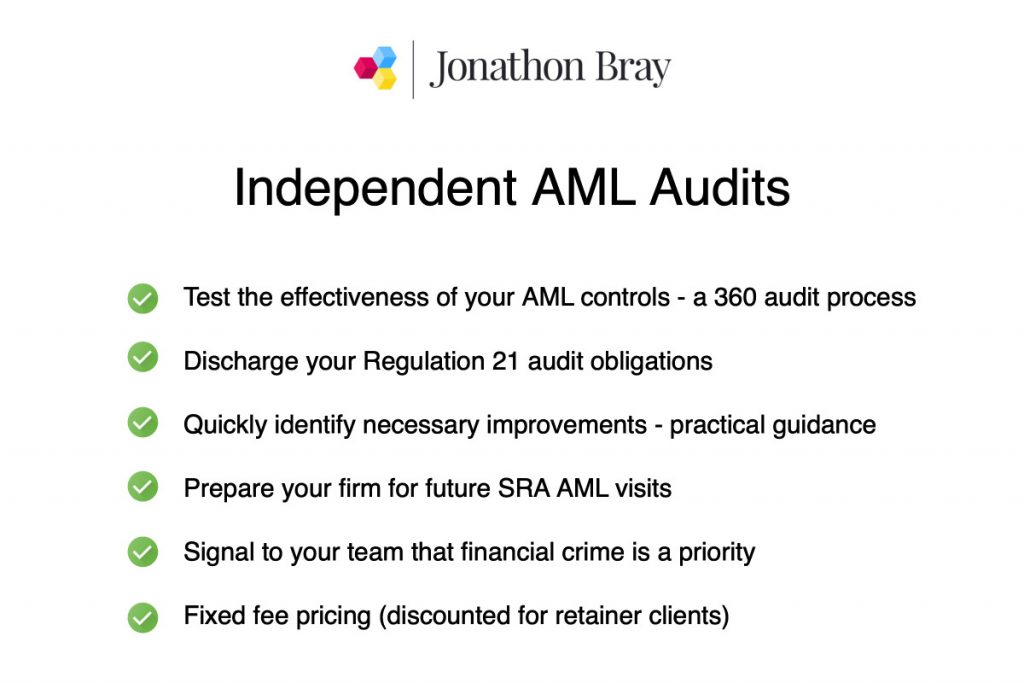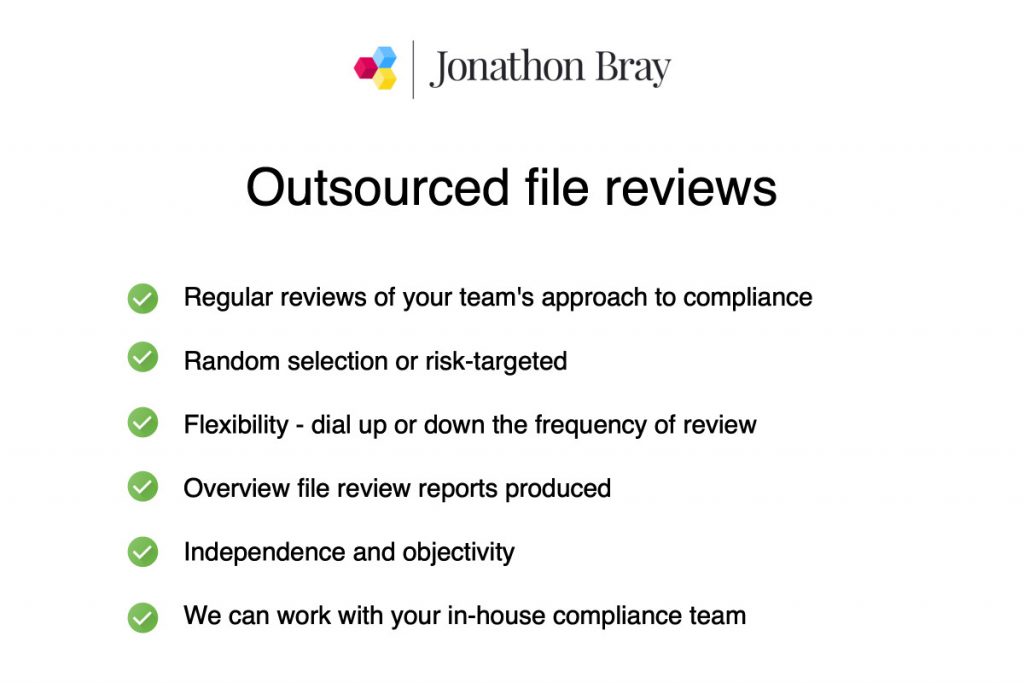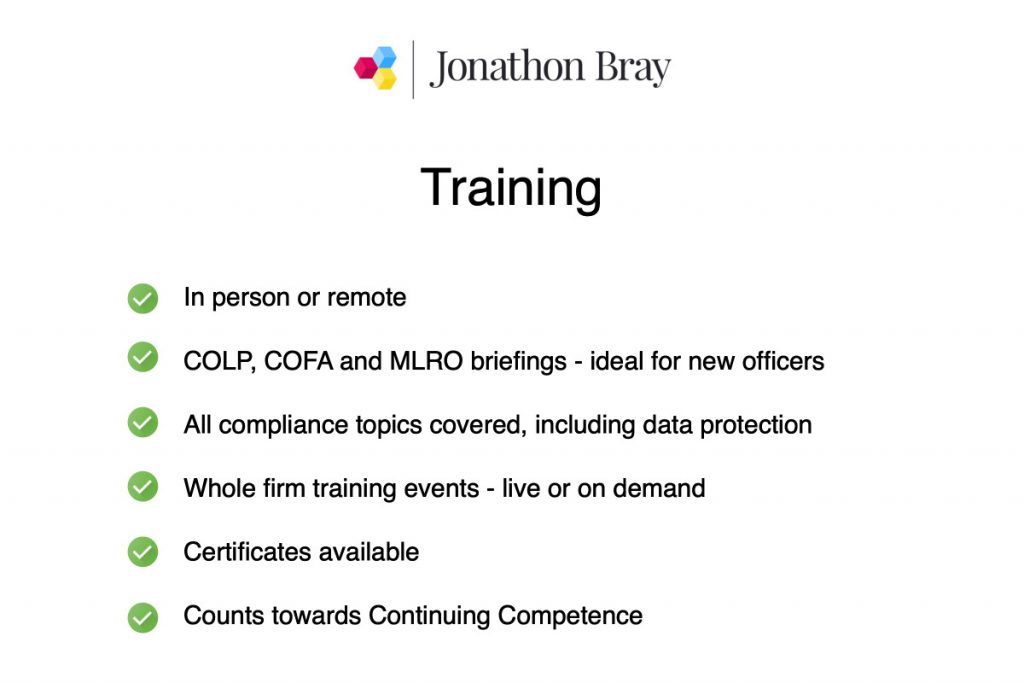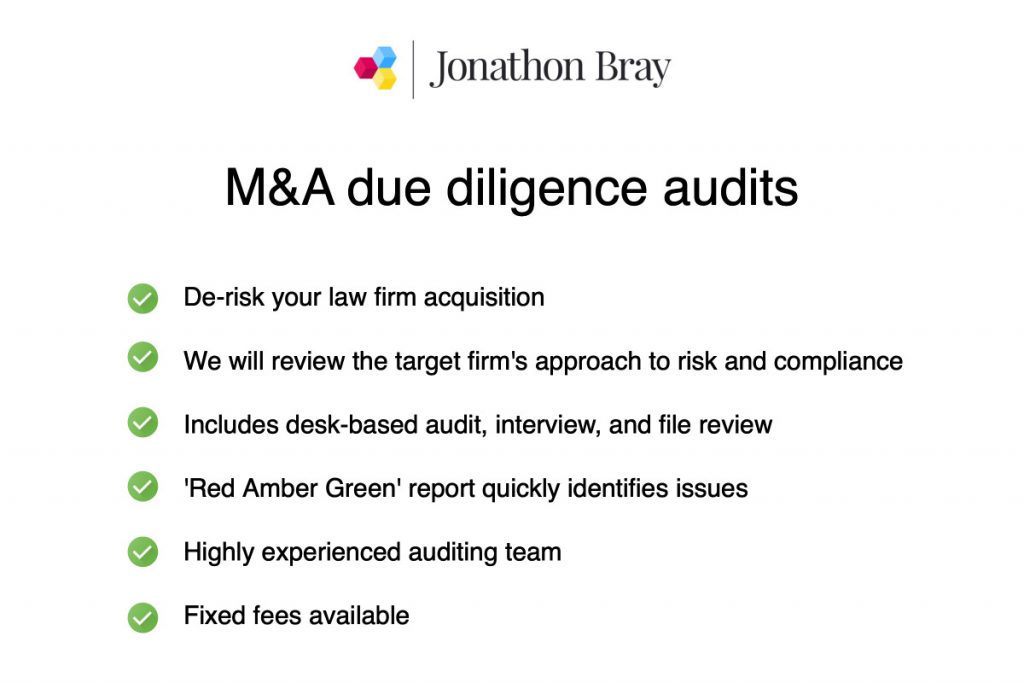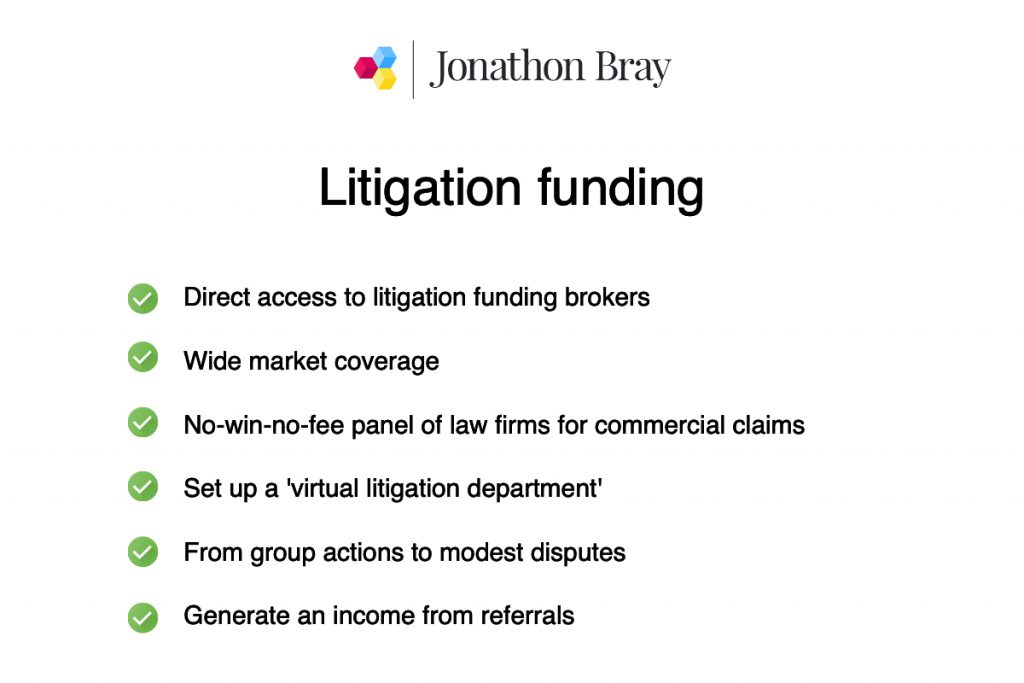Dydd Gŵyl Dewi Hapus (or Happy St David’s Day)!
Welcome to our latest edition of COLP Insider, where we delve into the critical compliance updates and insights affecting solicitors today.
From navigating the intricate landscape of economic crime compliance in the wake of global tensions to understanding the paramount importance of financial stability for law firms, this issue is packed with essential information. We explore the Solicitors Regulation Authority’s latest guidance on firm-wide sanctions risk assessments, the ever-present challenge of maintaining a healthy cash flow, and the nuances of dealing with investigations and regulatory scrutiny.
Check out the latest LSB paper on NDAs. It looks like the groundwork is being prepared for significant regulatory controls on solicitors’ involvement, particularly in cases of alleged harassment and discrimination.
We have also been asked a question about “underground banking”, which we answer in depth. Feel free to pass this on as a briefing to your relevant teams.
Got a question you would like us to cover in this newsletter? Please do let us know.
Make sure you save the date for this month’s webinar on insurance distribution – places will be limited. Over 200 people signed up for last week’s sanctions session!
I hope you have had plenty of welsh cakes today (with butter).
Jon and the Team
SRA sanctions risk assessment guidance: What solicitors need to know
The Solicitors Regulation Authority (SRA) has issued guidance on conducting firm-wide sanctions risk assessments, which sits alongside its general guidance on complying with the UK sanctions regime. The regulator sees the risk assessment process as an important part of navigating the complex landscape of sanctions compliance.
While sanctions are not new, they have come to the fore since the Russian invasion of Ukraine in 2022. Sanctions compliance is especially important for law firms because, unlike AML, there is no “out of scope” legal work. All firms are caught.
Therefore, solicitors have to be aware of their duties in relation to sanctions.
Despite this, almost half of firms failed to check whether existing clients are sanctioned, according to the SRA’s annual AML report. Only a fifth of those firms audited by the regulator ran sanctions checks on counterparties, and the vast majority did not know what to do if they came across a sanctioned individual. This has to be improved, says the SRA.
In our recent sanctions webinar (recording link below), we considered these issues in depth.
Financial stability and viability: A critical imperative for SRA law firms
This is a guest post from our friends at Gemstone Legal
In the ever-changing landscape of the legal profession, one thing remains constant: too many law firms undervalue the role a proactive cash flow strategy can play to fuel long term business success.
Law firms fail for many reasons, but one of the most common is due to a terminal cash flow problem. As with all businesses, law firms are no exception to challenges associated with cash generation and ultimately no firm is necessarily too big or successful to fail.
It’s no secret now that law firm insolvencies have been increasing year on year, and unfortunately this is a trend that is predicted to continue, hence to the focus on financial stability and viability.
The increased risk of firms going under is unnerving for insurers and lenders, resulting in a tightening of the acceptance criteria for loans and Professional Indemnity Insurance. It’s easy to spot the potential for a vicious cycle getting underway here if we’re not careful…
What this highlights is that it’s now more important than ever for law firms to be wary of their cash flow position and to start prioritising financial stability. Despite the current challenges in the industry, there is still ample opportunity for firms that adopt a proactive approach to cash flow… The question is, will your firm be one of them?
ICYMI: SRA Investigations: What to expect when the regulator comes knocking
When solicitors are facing an SRA investigation, it’s natural for them to feel apprehensive about the potential impact on their career. Readers of our newsletter will be familiar with the serious penalties handed out by the regulator for professional misconduct. Understanding the investigation process can significantly alleviate concerns and prepare solicitors for the steps ahead.
ICYMI: Self-Assessment Exercise: A COLP And COFA Training Needs Checklist
We all know that the SRA views the roles of Compliance Officer for Legal Practice (COLP) and Compliance Officer for Finance and Administration (COFA) as being central to law firm compliance and ethical practice. However, many compliance officers may have taken on their roles without ever receiving any formal training specific to their critical functions.
This potential oversight presents not only an obvious compliance risk, but also commercial risks in an environment in which the SRA is increasingly aggressive with enforcement.
The regulator’s recent actions and communications signal a clear message: the era of leniency is over. With a marked increase in fines and an expressed intent to target partners collectively, the incentive is there for law firms to reassess and beef up their compliance frameworks.
The absence of formal training for COLP and COFA roles is a glaring vulnerability in the legal sector’s compliance armour. It is insufficient for these officers to rely solely on their legal expertise or administrative experience. The specialised nature of compliance demands a comprehensive understanding of the regulatory environment, risk management strategies, and the ability to foresee and mitigate potential breaches before they occur.
Furthermore, the SRA’s focus on collective responsibility emphasises the need for a culture of compliance that permeates every level of a legal practice. COLPs and COFAs, with their unique oversight positions, are pivotal in cultivating this culture. However, without formal training, their ability to lead, educate, and influence their colleagues is significantly hampered. It is not enough to be reactive; compliance officers must be proactive, anticipating changes in regulation and adapting their strategies accordingly.
The case for investing in formal COLP and COFA training is compelling. Such training equips compliance officers with the knowledge and tools necessary to navigate the complexities of legal regulation effectively. It fosters a proactive approach to compliance, encouraging officers to stay ahead of regulatory changes and to implement best practices within their firms. Moreover, formal training demonstrates a firm’s commitment to compliance, potentially mitigating the severity of any SRA actions by showing a willingness to invest in compliance infrastructure.
News and Guidance

SRA Updates
- Discussion paper – Protecting the public: our consumer protection review – The SRA is reviewing consumer protection measures, focusing on the Compensation Fund’s future after the widely reported shortfall caused by several high profile claims on the fund.
This review aims to balance protecting the public and ensuring legal services’ affordability. It will examine firm oversight, the handling of client money, and the impact of rapid firm growth on risk. The review seeks wide input to reassess current protections and consider sustainability and the legal market’s competitiveness. Deadline for submission: 1 July 2024
- Guidance- Sanctions regime firm-wide risk assessments – The SRA has published important guidance for law firms on assessing risks related to the UK’s sanctions regime, which has expanded significantly since the invasion of Ukraine in February 2022. The guidance emphasises the importance of firm-wide risk assessments, particularly for firms at higher risk, and outlines best practices for creating such assessments. Though not mandatory (yet!), they are strongly recommended.
The guidance document says that all firms need to be vigilant about transactions with sanctioned individuals or entities, highlighting the potential regulatory and criminal consequences of non-compliance. The SRA advice covers risk factors and best practices for identifying and mitigating sanctions risks, including the need for checks beyond client identity verifications mandated by the Money Laundering Regulations 2017 (MLR 2017)
More than 1,000 firms have received communications from the SRA highlighting the for sanctions risk assessments and the risks of poor compliance. The SRA’s outreach is framed as providing support to help firms identify clients in high-risk categories and ensure they are not inadvertently dealing with sanctioned entities. This move indicates a proactive approach by the SRA to bolster compliance amidst the complex and expanding sanctions landscape. The regulator also plans to conduct desk-based reviews and on-site inspections to test firms’ controls, underscoring the importance of having robust systems in place to manage sanctions risks.
If things follow a familiar path, these sanctions compliance audits could form the evidential basis for further warnings to the profession. Firms caught without sufficient sanctions controls in place could then be subject to automatic fines and unwelcome publicity.
Firms face significant challenges in complying with the SRA’s strict liability approach to sanctions compliance. This includes the apparent need for thorough client and counter-party checks against the UK consolidated sanctions list, regardless of whether these parties have their own legal representation. We covered that issue in this post.
We conducted a live webinar on this topic on 21 February (see below for the recording link).
Law Society Updates
- Updated Practice Note: Implementing whistleblowing arrangements – This practice note on whistleblowing advises SRA-regulated practices on their obligations to raise concerns and report to the Solicitors Regulation Authority. It emphasises the importance of developing a whistleblowing policy and covers regulatory obligations, reporting concerns, the impact of whistleblowing legislation, and practical considerations. It highlights the roles of compliance officers (COLPs and COFAs), the need for an open reporting culture, and provides a template for creating a whistleblowing policy.
- Updated Practice Note: Raising concerns and whistleblowing:guidance for staff – The second updated Law Society practice note on whistleblowing provides guidance for staff on their professional and regulatory obligations to raise concerns and whistleblow regarding actions within their practice. It covers the regulatory obligations under the SRA Standards and Regulations, how to raise concerns within a firm, the impact of whistleblowing legislation like the Public Interest Disclosure Act 1998, and considerations for confidentiality and legal professional privilege. Additionally, it includes a checklist for whistleblowing, and provides signposts to other sources of support and information.
Other Important Updates
- Legal Services Board: The misuse of NDAs: Call for evidence themes and summary of evidence – This report summarises the responses to the LSB’s call for evidence into the role of legal professionals in the misuse of NDAs. The paper concludes that there is sufficient evidence to “take forward work to determine how regulation can best address the unethical conduct of legal professionals, including in the context of NDAs, which provide tangible examples in which such unethical conduct manifests…” (regulator speak for doing another report).
Some interesting points for SRA-regulated firms to note from this report:
Insufficient Clarity of SRA’s Warning Notice: Some feedback indicated that the SRA’s Warning Notice on the use of NDAs provides insufficient clarity about improper professional conduct and does not assist professionals in handling queries about pushback on NDAs, especially in light of growing public awareness and resistance.
Low Level of Knowledge Among Solicitors: The SRA identified a low level of knowledge among solicitors regarding the content and issues raised in its Warning Notice and the reporting obligations attached to it. There was also a noted issue of complacency among solicitors when handling cases involving an NDA. Firms could, and arguably should, get ahead of this by providing clear internal policy and training.
Suggestions for Strengthened Regulation: The SRA floats the idea of expanding public education in coordination with other legal services regulators to ensure individuals are better informed about their rights, the enforceability of key clauses in an NDA, and the obligations of legal professionals advising them. Additionally, they suggested harmonised cross-sector guidance across the legal professions, along with consistent enforcement action.
Future Actions by the SRA: Following the publication of its thematic review of NDAs in August 2023, the SRA says it plans to review the Warning Notice, reinforce areas with gaps in knowledge, conduct webinars, and publish further guidance to increase knowledge across the profession.
- Legal Services Board: Regulatory Performance Assessment – The LSB has released its latest regulatory performance assessment of the 8 front line legal regulators, covering the period from October 2022 to May 2023. This marked the first assessment under the new “traffic light” framework introduced in January 2023, focusing on two of the three standards: Well-Led and Effective Approach to Regulation. This adjustment was due to previous assessments revealing several regulators not meeting these standards. The report provides insights into each regulator’s compliance with these standards.
Key findings indicate improvements in engagement and evidence use among regulators, yet highlight common issues with transparency, capacity, and capability. The LSB emphasizes the necessity for enhanced transparency in decision-making processes and sufficient resourcing for effective regulation. The assessment also points out the need for better risk monitoring and proactive measures to address emerging risks. Good practices identified include proactive behavior, risk assessment, learning from others, and effective use of evidence. The LSB plans to continue monitoring and addressing these themes in its future assessments, aiming for comprehensive compliance and improvement across all standards.
Spoiler alert: the SRA got top marks (although the report does not take into account the issues that are currently under investigation regarding Axiom Ince).
- HM Treasury: An update on OFSI’s licensing process and policies – The Office of Financial Sanctions Implementation (OFSI) updated its licensing process and policies, detailing the step-by-step approach for obtaining a licence, which includes initial assessment, gathering information, assessing the application, making a decision, and outcome notification. Additionally, OFSI introduced the Designated Individuals Licensing Principles to guide applications related to designated individuals, clarifying the interpretation of licensing purposes and conditions under which licences may be refused. These principles aim to assist applicants and ensure decisions align with UK financial sanctions regimes.
- MoJ: Government backs bill to end intimidatory SLAPPs lawsuits stifling free speech – The UK Government has supported a bill aimed at stopping intimidatory lawsuits, known as SLAPPs (Strategic Lawsuits Against Public Participation), which are used by affluent individuals to silence journalists and critics. This bill, introduced by Wayne David MP, seeks to empower judges with the ability to dismiss baseless claims early, protecting defendants from prohibitive legal costs. This move builds on previous efforts to combat economic crime and aims to protect free speech by making it more difficult for the powerful to misuse the legal system against critic.
- ICO: John Edwards speaks at IAPP’s Data Protection Intensive UK – John Edwards, the new Information Commissioner, emphasised in his speech the ongoing commitment to protect public data while fostering innovation. He highlighted the importance of addressing children’s privacy, the responsible use of AI, and the fair regulation of advertising technology and cookies. Edwards discussed the ICO’s proactive approach towards these issues, including regulatory collaborations and the development of automated tools for cookie compliance. Law firms’ websites could soon be targeted by these ‘bots’ to check compliance with cookie legislation.
- FATF: Jurisdictions under Increased Monitoring – 23 February 2024 – This report from the Financial Action Task Force (FATF) discusses jurisdictions under increased monitoring, often referred to as the “grey list.” Countries added to the grey list are Kenya and Namibia. Those removed from the grey list are Barbados, Gibraltar, Uganda, and the United Arab Emirates (UAE). These updates reflect changes based on the countries’ efforts to address strategic deficiencies in their regimes to counter money laundering, terrorist financing, and proliferation financing.
The list of countries under increased FATF monitoring (and therefore should be teated with caution) is now: Bulgaria, Burkina Faso, Cameroon, Democratic Republic of the Congo, Croatia, Haiti, Jamaica, Kenya, Mali, Mozambique, Namibia, Nigeria, Philippines, Senegal, South Africa, South Sudan, Syria, Tanzania, Türkiye, Vietnam, and Yemen.
Compliance corner – real life Q&As

“When acting for a Chinese national with assets in China, is there anything else we need to be aware of in addition to the usual source of funds/source of wealth requirements?”
Yes, “underground banking”.
This term refers to informal and unregulated financial systems that facilitate the movement of funds in and out of countries with strict capital controls, bypassing regulatory frameworks. This is particularly relevant to China.
These systems often rely on a network of individuals and businesses to transfer money without the actual cross-border movement of funds. The process might involve matching the amount of money that needs to be transferred out of the country with an equivalent amount seeking entry, thereby circumventing official banking channels and regulatory scrutiny.
Law firms need to be vigilant about underground banking for several reasons:
- Legal and Regulatory Compliance: Engaging with or facilitating transactions through underground banking systems can lead to breaches of anti-money laundering legislation, exposing law firms to legal penalties and regulatory scrutiny.
- Due Diligence Obligations: Law firms have a responsibility to conduct due diligence on their clients to ensure they are not unwittingly facilitating illegal or unethical activities, including money laundering or the evasion of capital controls.
- Risk of Association: Being associated with underground banking activities can tarnish a law firm’s reputation, affecting client trust and the firm’s professional relationships.
- Financial Risks: Engaging in activities related to underground banking can expose law firms to financial fraud and losses.
How underground banking works
People engaged in underground banking use a variety of tactics to move money across borders in ways that bypass official regulations and scrutiny. Some of these methods include:
- Daigou (代购): This involves individuals outside China purchasing goods on behalf of those inside the country and sending them to China, often to avoid import duties or access products not readily available domestically. The payment for these goods can serve as a method to transfer money internationally, circumventing traditional banking systems and capital controls.
- Overseas Student Bank Accounts: Individuals may use the bank accounts of students studying abroad to transfer money internationally. These accounts can serve as intermediaries, receiving funds in the local currency for the student’s use, while an equivalent amount in Chinese yuan is paid to the student’s family or a designated individual in China. This practice leverages the legitimate need for students to have funds for their education and living expenses abroad but can be misused for money laundering or to evade capital controls.
- Smurfing or Structuring: This involves breaking down large sums of money into smaller, less suspicious amounts that are then deposited into multiple bank accounts or transferred in a series of small transactions. This tactic, also known as “structuring,” makes it harder for authorities to detect large, irregular movements of capital that might indicate money laundering or other illegal activities.
- Trade-Based Money Laundering: Involves over-invoicing or under-invoicing on trade transactions to move money across borders. For example, an importer in one country might overpay for goods imported from another country, with the excess payment serving as a covert international money transfer.
- Use of Cryptocurrencies: Cryptocurrencies can be used for cross-border money transfers outside the traditional banking system. Individuals might buy cryptocurrency in one country and sell it in another, effectively transferring value across borders without triggering the same regulatory oversight as bank transfers.
- Cash Smuggling: Physically smuggling cash across borders is a more direct, albeit riskier, method of moving money without using the banking system. Once the cash is in the desired jurisdiction, it can be deposited into the banking system in small amounts to avoid detection.
- Hawala and Other Informal Value Transfer Systems (IVTS): Hawala is an informal method of transferring money without any actual movement of physical currency. It relies on a network of money brokers (hawaladars) who use a system of honour and trust to settle balances using other financial or non-financial transactions, effectively moving money across borders without leaving a traceable record.
These tactics are indicative of the creativity and resourcefulness individuals and organisations may employ to navigate around regulatory barriers and controls. However, they also highlight the importance and the need for lawyers to be proactive in identifying and mitigating the risks associated with underground banking and related activities.
Red flags
To identify potential involvement in underground banking, law firms and solicitors should be aware of several red flags in their clients’ behaviour or transaction patterns:
- Unusual Transaction Patterns: Frequent, large transactions that do not match the client’s profile or business activities may indicate underground banking.
- Opaque Corporate Structures: Use of complex corporate structures without clear business purposes can be a tactic to disguise the true nature and origin of funds.
- Reluctance to Provide Information: Clients who are reluctant to provide detailed information about their business activities, source of funds, or the purpose of a transaction might be using underground banking channels.
- Rapid Movement of Funds: Quick movement of funds in and out of accounts, especially with overseas links, without a clear business rationale.
- Mismatch Between Transaction and Client Profile: Transactions that do not seem to align with the client’s stated business operations or financial capacity.
- Use of Third Parties: Frequent use of third parties to conduct transactions without clear reasons or the involvement of individuals and businesses in jurisdictions known for lax regulatory environments.
- Instructions to Pay Funds to Unrelated Third Parties: Requests for payments to be made to third parties who have no apparent connection to the transaction or business deal. (This would also probably breach the ‘banking facility’ rule).
These red flags, whilst clearly not exhaustive, should sound very familiar to anyone used to the AML regime.
Law firms should train their staff to recognise these red flags and have robust compliance systems in place to conduct due diligence, report suspicious activities, and ensure they are not inadvertently facilitating or engaging in illegal financial activities.
Free webinars and recordings

Recording: The latest SRA sanctions guidance and what you have to do in response
Last week’s live webinar was focused on the latest important SRA guidance on sanctions risk assessments. The guidance applies to all regulated firms (albeit some more than others).
The session covered:
- An update on the current sanctions regime
- An overview of the latest SRA guidance
- Practical implications
- Your live questions and answers
Watch the recording (Passcode: k+Tufa74) – expires in 30 days
Recording: Looking back, looking forward – our annual roundup of the main compliance issues of 2023 and what to look out for in 2024
Last month Rachael and Jon discussed the hot compliance topics of the past year, and what’s on the horizon over the next 12 months.
They covered:
- Automatic fines
- AML fines
- GDPR
- Law firm failures
- AML updates
- Sexual misconduct cases
- Cyber-security
- Compensation fund
- Insurance market
- Future changes
- …..and ran out of time!
Watch the recording – use password l5?psfHz (link expired – contact us for private access)
Next live webinar: Insurance distribution compliance for solicitors
This month’s free webinar will be focused on the important topic of insurance distribution. It is an area of compliance that touches many (perhaps even most) law firms, but is often forgotten about, or ignored entirely.
Why Attend?
- Unpack the Complexities: Dive deep into the world of insurance distribution compliance — a vital area affecting solicitors across the board. From regulatory changes to practical implications, understand the nuances that can safeguard your practice.
- Expert Insights: Learn from leading experts in the legal and insurance fields, bringing years of experience and practice to the table. Our speakers are ready to share their wealth of knowledge and answer your burning questions.
- Practical Solutions: This isn’t just theory. Get hands-on strategies and actionable advice tailored to the unique challenges faced by solicitors. Whether it’s navigating the regulations or implementing compliant practices, walk away with solutions that work.
Save the date: 20th March 2024 (12pm) via Zoom
Training resources: On-demand webinar archive
Contact us for access to our extensive back catalogue of recorded webinars. Topics include:
- Financial crime: LSAG, firm-wide risk assessments, client due diligence etc.
- Sanctions
- Use of client account as a banking facility
- Data protection
- Financial stability
- Conflicts and confidentiality
- SRA Transparency Rules
- Accounts Rules
- Employee Ownership Trusts (EOTs)
- Register of overseas entities
- Sexual misconduct and solicitors’ private lives
- Terrorist financing
- And more….
We also produce bespoke training webinars, live workshops for your team and COLP and COFA training.
SRA and SDT disciplinary decisions

- Paul Fraser Langley – suspended for 28 days, after having been found to have used another colleague’s signature on statements of truth.
- Michael Lennon – struck off for taking fees directly from clients, acting for them without the knowledge of his firm.
- Amanda Marie Lennon – struck off for dishonestly misleading a corporate client about the progress of debt recovery cases.
- A&T Legal Limited (t/a Leaside Law) – fined £1,500 for failing to submit diversity data to the SRA, the firm’s second fine for the same issue.
- Krystel Lynne Marzan – ‘corner cutting’ solicitor struck off for dishonestly witnessing client signatures.
- McQueen Turner Limited – firm fined £3,640 for AML systems deficiencies, namely a lack of compliant firm wide risk assessment and PCPs (policies, controls and procedures).
- Fairbrother & Darlow – firm fined £16,052.80 (a percentage of turnover) for similar AML breaches.
What we do – contact us for further information about our services
